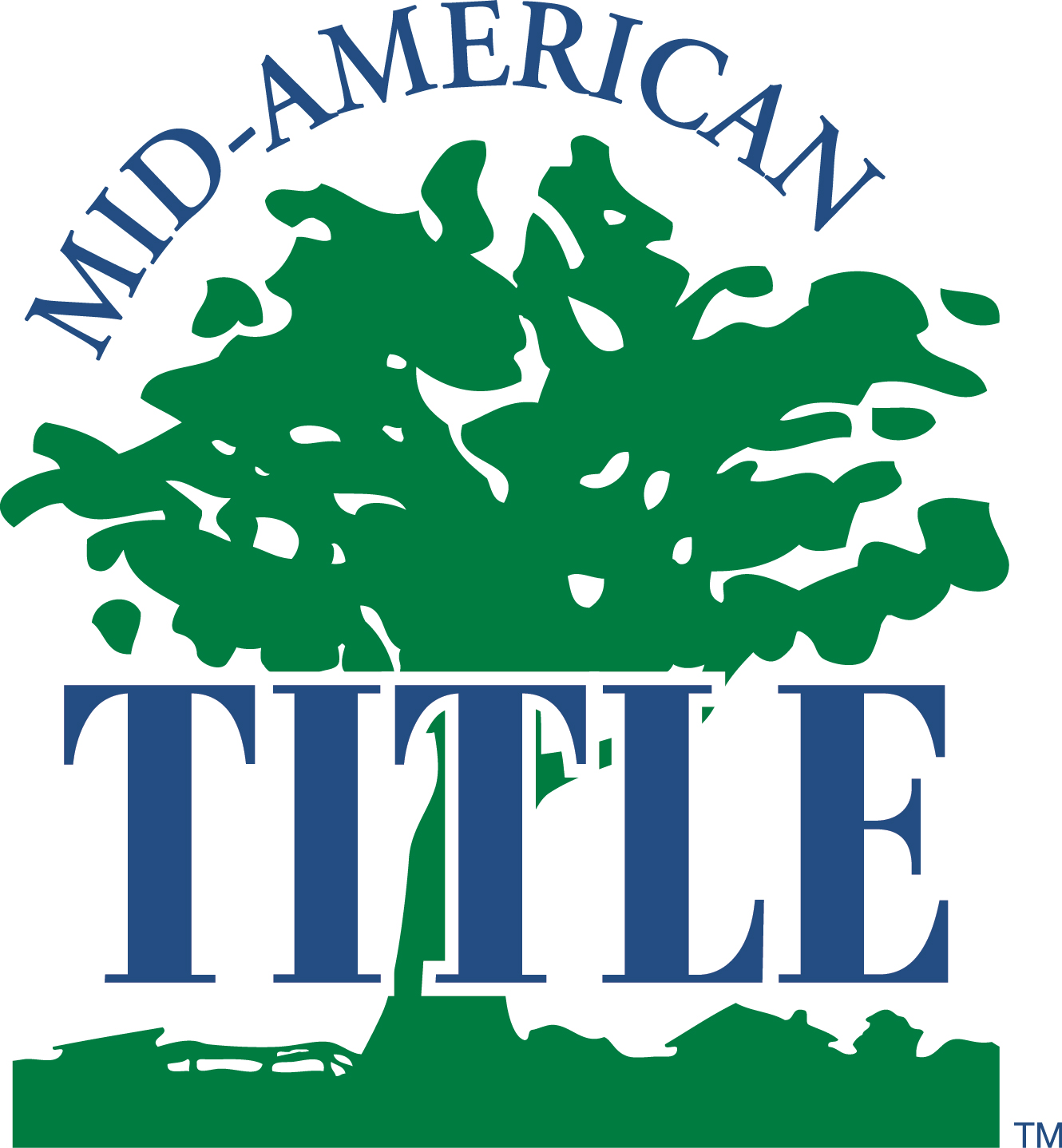The 64-day countdown begins now on the comment period for the proposed updates to the Consumer Financial Protection Bureau’s Know Before You Owe mortgage disclosure rule, also called the TILA-RESPA Integrated Disclosures rule.
And there are plenty of areas to weigh in on.
Besides the rule being open for comment in general, there are more than 100 instances in the rule that the CFPB specifically asks for comment. Simply searching the words “seeks comment” in the proposal generates 150 results on 23 pages.
“I applaud the CFPB for opening up a comment period on TRID because it will allow the CFPB to go back and provide clearer guidance on several areas of the rule the industry desperately needs a clear and definitive answer on,” said Marx Sterbcow, managing partner for the Sterbcow Law Group in New Orleans.
“It is clear the CFPB listened to and learned about the major hiccups the industry is facing since the rule went into effect because they put a ton of thought into what needed to be addressed in the rule,” he said. “While there are other areas not addressed in the TRID proposal that are critical to bringing additional clarity to the industry we should be thankful they saw a need to modify some of the TRID problems that were not contemplated or known prior to the original implementation date.”
In her initial reaction to the rule, Brandy Hood, associate at BuckleySandler, noted that an important aspect to the rule is how often the CFPB asks for comment on it.
“They ask for guidance on whether certain changes are appropriate. Have they gone too far? Should they go further? They are willing to ask for direction,” she said.
For those who choose to respond, comments must be received on or before Oct. 18, 2016. Check the Federal Register here for instructions and ways comments can be submitted.
Although the industry is still sorting through the 293-page rule, there were some obvious industry victories when the proposal was first announced, with one of the biggest wins being the bureau’s updated guidelines on Closing Disclosure forms.
Hood added in her initial reaction: “They did a good job. They hit a number of different issues that really needed to be addressed.”
“It’s a step in the right direction. If this is finalized as proposed, it will clarify a number of ambiguities. Although there will still be ambiguities and other issues, the changes will address a lot of them,” she added.
Meanwhile, Mickey Vandenberg, senior vice president, national escrow administrator for WFG National Title Insurance Company, said, “The notice of proposed rulemaking provides some welcome clarification in certain areas of the TRID rule, however there are still unanswered questions. For instance, the bureau’s mention of sharing combined or separate CDs between creditors, settlement agents and third parties will require some additional clarification.”
“Overall, the proposed changes will help in providing lenders with some clarity for compliance and closing of loans,” she said. “The comment period gives our industry an opportunity to voice concerns about items that remain unclear.”








